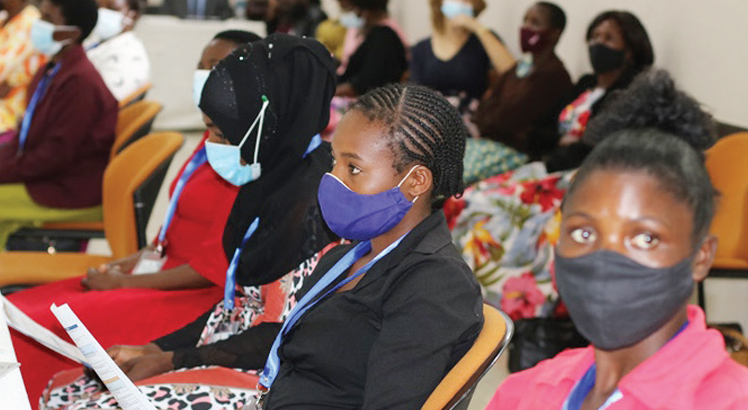Govt, FAO support women in fisheries
Department of Fisheries in collaboration with Food and Agriculture Organisation (FAO) and development partners has supported the launch of the Malawi chapter of the African Women in Fisheries and Aquaculture Network.
The network seeks to organise women in fisheries, strengthen their position and enhance their participation in fisheries and aquaculture.
Speaking on in Lilongwe on Saturday during the launch, FAO country representative Zhijun Chen said lack of organisational capacity, good governance systems and sufficient capital and technology to meet market standards are some of the constraints that limit women in the fisheries sector.

He said: “Given these challenges, the ability to organise and form a network is particularly important as it will promote collective marketing, offer opportunities for women to negotiate for competitive prices and bring greater visibility to women’s role within the sector.”
Among its key functions, the network will enhance connections among women in the sector by enabling them to communicate and collaborate with each other.
Minister of Natural Resources and Climate Change Eisenhower Mkaka said the establishment of the network will increase the visibility of women’s work and enable a better understanding and recognition of the important role the women play in the sector.
“This network for women fishers in Malawi is a milestone for the country considering that women play a critical role along the fisheries value chain in utilising fisheries resources, not only for economic gains, but for nutritional and food security goals as well,” he said.
Malawi chapter chairperson Violet Kanyamula said the platform is critical as it will promote local initiatives of women fishers.
She said that through the network, women fishers capacities will be enhanced with knowledge and skills to lobby and advocate with decision-makers at national level.
“Over 80 percent of fish traders in Malawi are women. They are involved in processing, transporting and selling of fish in wholesale markets, work that is usually constrained by high transportation costs, post-harvest losses, unfair market practices of middle-men and a lack of modern technologies that are gender sensitive,” said Kanyamula.
The network membership is drawn from the national associations of women involved in the fisheries sector from 32 African Union countries





